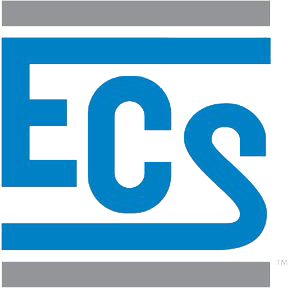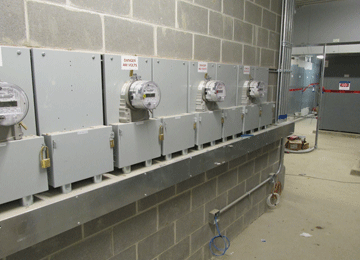Imagine you’re the project manager for a large construction project with a tight deadline and budget. You need to deliver a high-quality project – failure is not an option. You may have already stacked the deck in your favor by using design-build or construction manager at-risk procurement methods. Your design and construction teams are working side-by-side to design and construct the project. What could possibly go wrong?
Now imagine that the building official’s office is understaffed. Perhaps you have design features that they have neither seen before nor understand. Can you afford to have your project grind to a halt waiting for plans to be reviewed, permits to be issued, or code inspections to be performed?
Section 109.4 of the International Building Code allows building officials “to accept reports of approved inspection agencies….” Of course, the operative words are “allows” and “approved inspection agencies.” Building officials vary widely on their acceptance and use of third-party code inspectors. Some absolutely, positively refuse to even consider third-party participation, some allow it only for limited inspections on specific projects, and others are open to third-parties doing everything except issuing the permit and the Certificate of Occupancy.
The advantage of using third-party building code services is that they tend to have more flexible scheduling, are more likely to recommend a fix, and may be willing to wait a reasonable amount of time for issues to be corrected. Combined, these factors can help keep the process moving forward. The disadvantage is that they typically cost more than a municipal inspection. However, the questions to ask are: what is my extended overhead, and what are the liquidated damages in the contract? Can you afford not to leverage a third-party? Especially if you’re carrying project financing costs, you can save money despite the cost of using a third party professional.
Another advantage is that a third-party inspector or plan review service can plug themselves into the process at any time. Even if the local municipality won’t allow a third-party to conduct code inspections, you can still take advantage of these services as a part of the quality control program – that way, issues are identified before the official inspection. This can help avoid costly delays. In addition, a third party can review change orders to see if they can be avoided based on a more thorough review of applicable codes and local amendments.
If your project is large enough to realize the benefits of third-party building code plan review and/or inspection, we recommend that you have an early conversation with the local building official about your schedule and their ability to support it. If there is a willingness on the building official’s part, what will carry the day is presenting a third-party service provider that is staffed with code professionals who have municipal experience. There are a number of qualified third party building code plan review firms that can either provide building code consultation or the final plan. When it comes to issues of life-safety, trust and confidence in the inspectors’ experience and expertise is paramount.
ECS provides third-party building code compliance plan review and inspections through its ECS Mid-Atlantic and ECS Capitol Services subsidiaries, respectively. We also have a number of industry partners who can provide assistance in other markets.

